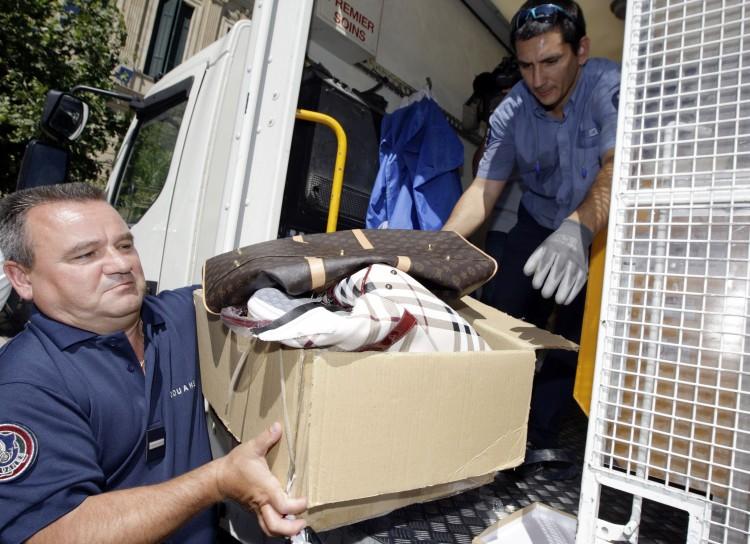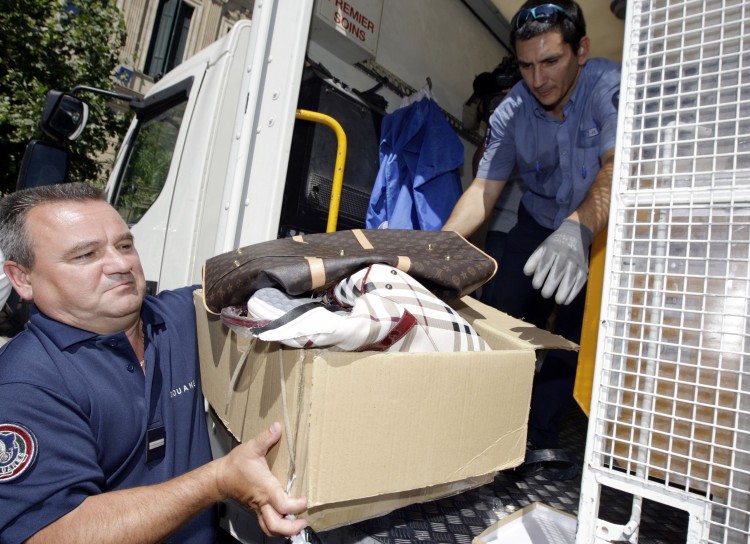This article is the third of a three part series on counterfeit goods in Canada.
TORONTO—It looks like a Rolex watch but sells for half the price. You may not even need to pay tax on it. Sure, it might break within a year (no warranty if it does), but it’s bound to impress a few friends.
But deep inside it might not impress you yourself. Worse, it could compromise your moral compass.
Counterfeit is growing in Canada and worldwide. The RCMP reports that the value of seized counterfeit goods rose from $24 million in 2010 to $67 million in 2011.
Corporal Judith Falbo from the Kitchener detachment of the RCMP says the Internet and the ease of modern shipping contribute to the growth of counterfeit.
Counterfeiters sometimes manufacture things in pieces, shipping labels separately so that the product would look like a no-name brand at customs, Falbo says.






